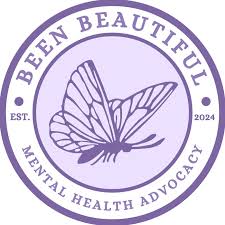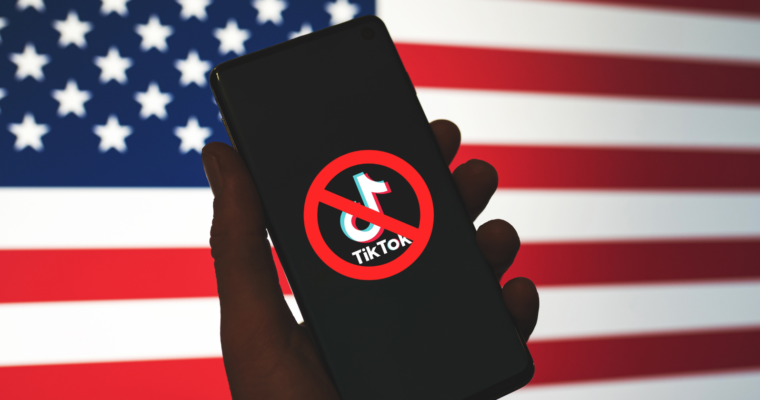With the progress towards a nationwide ban on TikTok, much controversy has arisen towards the real reason for politicians “concern” around the app
March 10, 2023
As of Wednesday March first, the House held by a Republican majority voted upon advancing a bill which would allow President Biden to enact a nationwide ban on TikTok.
While this was a topic that had been brought up many times in the past year with the ban on TikTok for all government devices officially being signed into action last December, only recently has the topic come up again, this time with political figures even more determined for a nationwide ban.
On February 27th of 2023, the issue was brought to light again when the White House announced their plans to move forward with banning TikTok on all government-issued devices, giving federal agencies 30 days to delete the app.
The White House along with various members of the House who voted in favor of instating a ban on TikTok claim that it is for safety reasons and as stated by Texas Republican Chairman Michael McCaul, done to prevent “Americans against subversive data collection.”
However, many users of the app strongly believe that a nationwide ban on TikTok is not only meant to protect them from Chinese data collection but also enacted with the intentions upon censoring people as well as preventing users from remaining informed.
In strong opposition to the ban on TikTok, The American Civil Liberties Union sent a letter to the House Foreign Affairs Committee to protest its bill banning TikTok with the argument that it violated the First Amendment.
According to Jenna Leventoff, senior policy counsel at ACLU “Congress must not censor entire platforms and strip Americans of their constitutional right to freedom of speech and expression.”
The letter described the worldwide connections and interactions TikTok created that, if banned, could “cut off the flow of information, art, and communication that social media provides, interfering with communities and connections users in the United States have with each other and with people around the world.”
According to Statista, Around seven in 10 respondents aged between 18 and 19 years in the U.S. were using TikTok in a poll taken in 2022, while usage among respondents aged between 20 and 29 years was approximately 56 percent.
With that being said, a nationwide ban on the platform would greatly affect the younger population who uses the app the most in the U.S.
While many teenagers who use TikTok are in strong opposition to a nationwide ban on the app, there is a large number of users who feel the ban would be beneficial to their lives. According to freshman Irina Massallo, “I know I’m not the only one who’s addicted to TikTok and there are a lot of negative things being promoted on the app so I think TikTok being banned is actually a good thing.” Along with that, Massallo emphasizes that there are many other social media platforms that are “less addicting but still do the same thing.”
Coincidentally, in the midst of TikTok being a main topic of discussion in congress, the app has recently stated that they will be coming out with a policy affecting users of the app who are under 18.
What this new policy includes is a 1 hour time limit for minors in which after their hour is up, they will have to input a passcode and check off an agreement acknowledging they consented to spending more than 1 hour on TikTok, knowing the possible effect it can have on their mental health in order to continue watching.
This is not the only new adjustment TikTok is inputting users who are under 18. Once this update is enacted, in order to bring awareness to TikTok usage, the app is introducing a Screen time dashboard which according to the app will “provide summaries of time on the app, the number of times TikTok was opened, and a breakdown of total time spent during the day and night.”
Along with this, the app is inputting a setting that enables parents to mute TikTok notifications after a certain time.





















